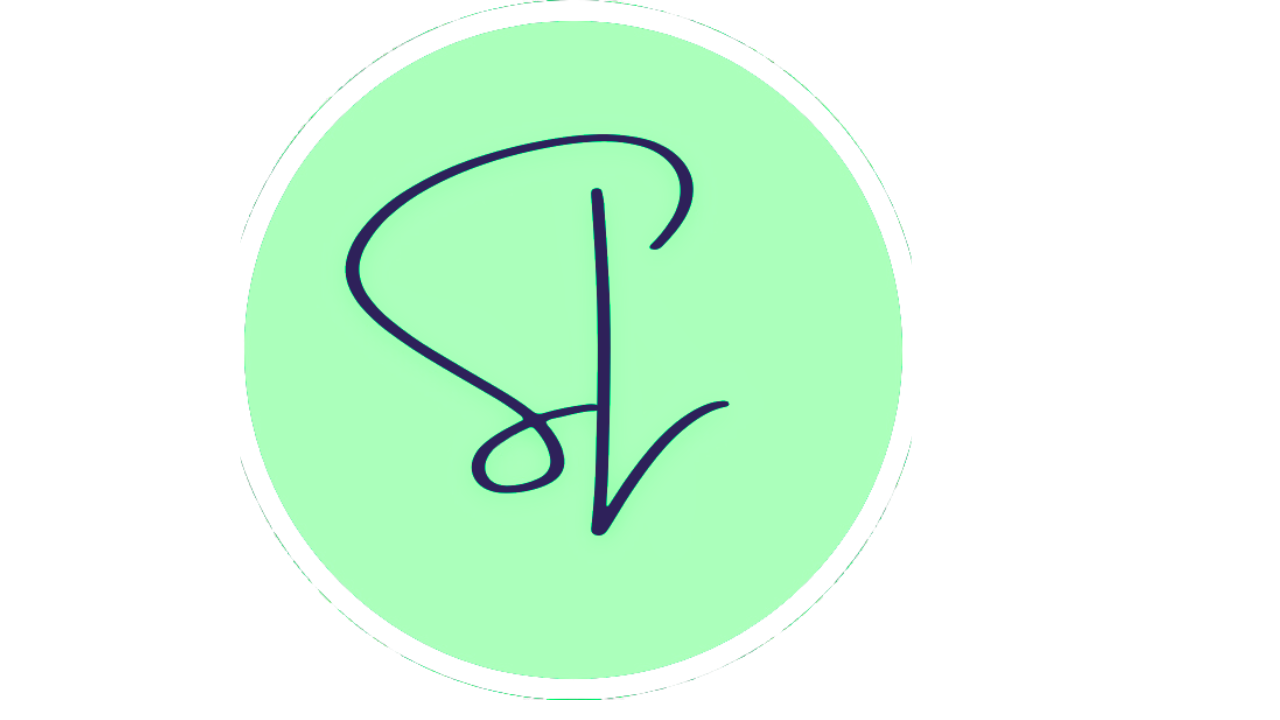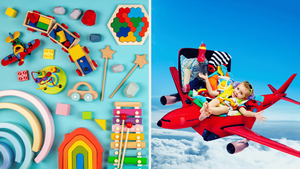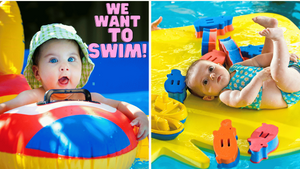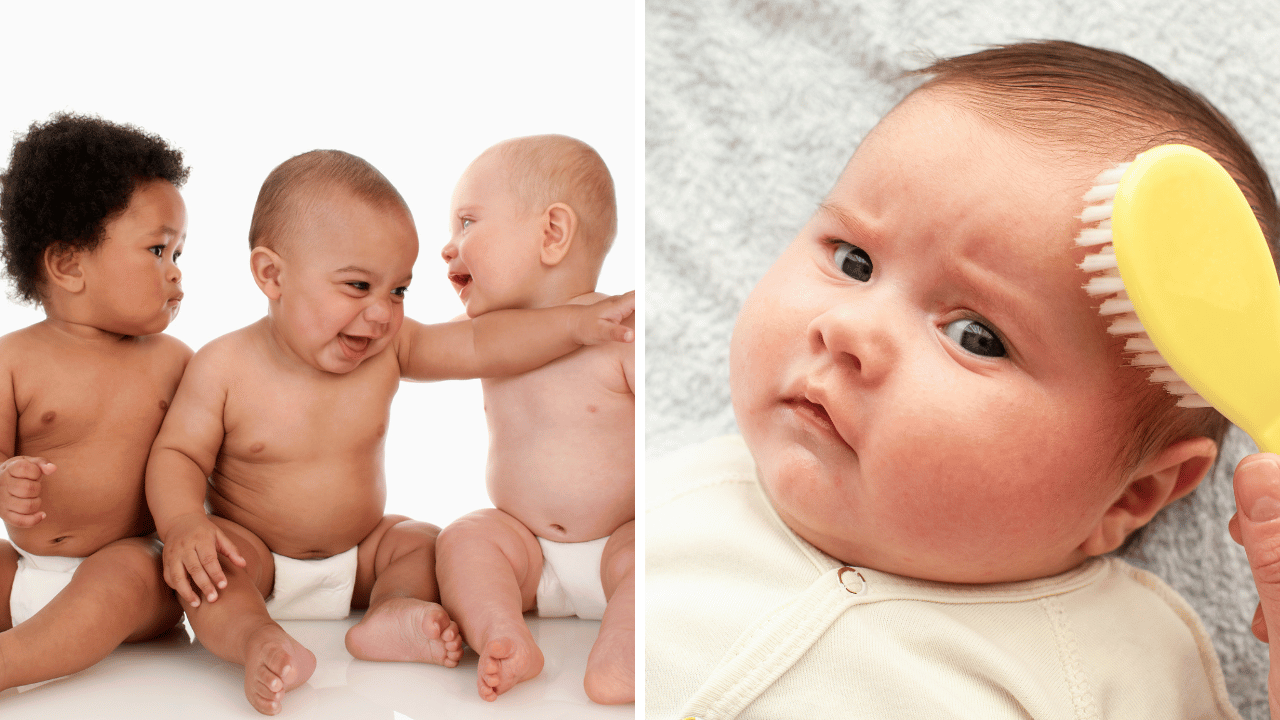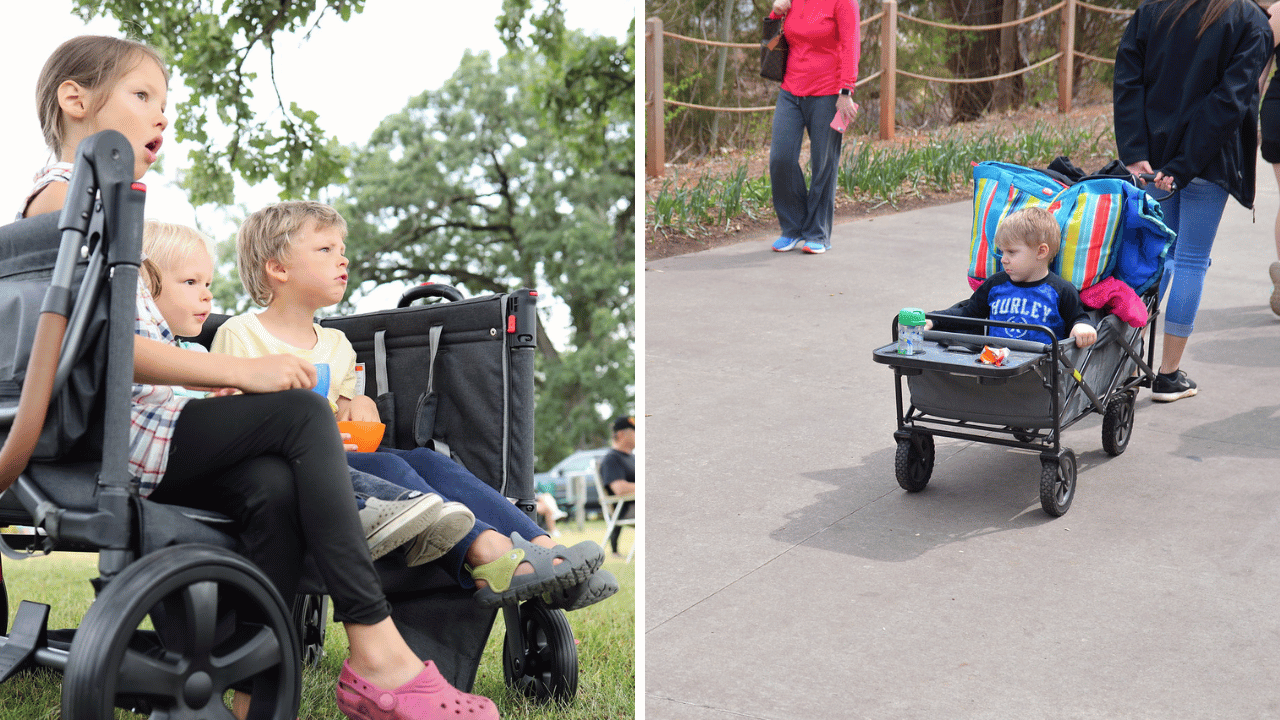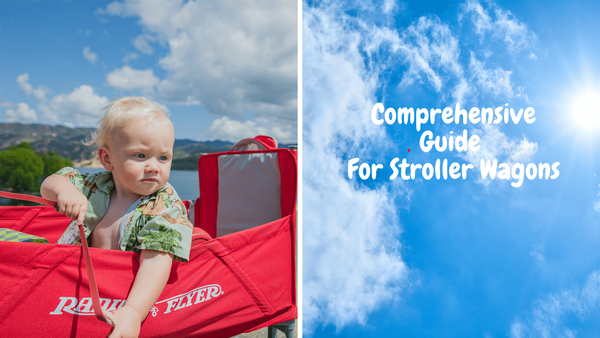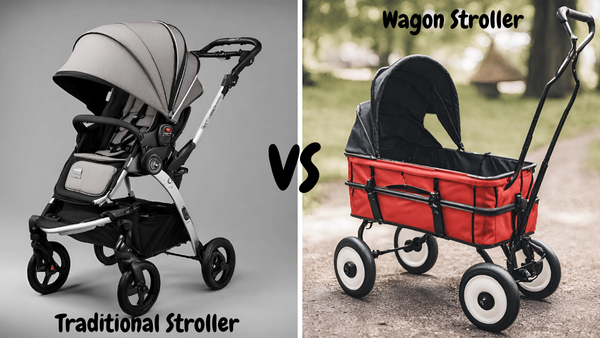Have you ever wondered whether it's safe to flush baby wipes down the toilet? It may not seem like a particularly earth-shatteringly important question on the surface, but this commonly asked query has profound implications for both our environment and personal health.
The truth behind this issue is complex and far-reaching, so in today’s blog post we will explore the potential hazards associated with flushing baby wipes and shed light on the risks of making such a misjudged decision. Ready to uncover more about this surprisingly controversial topic? Put your curiosity caps on - let’s get started.
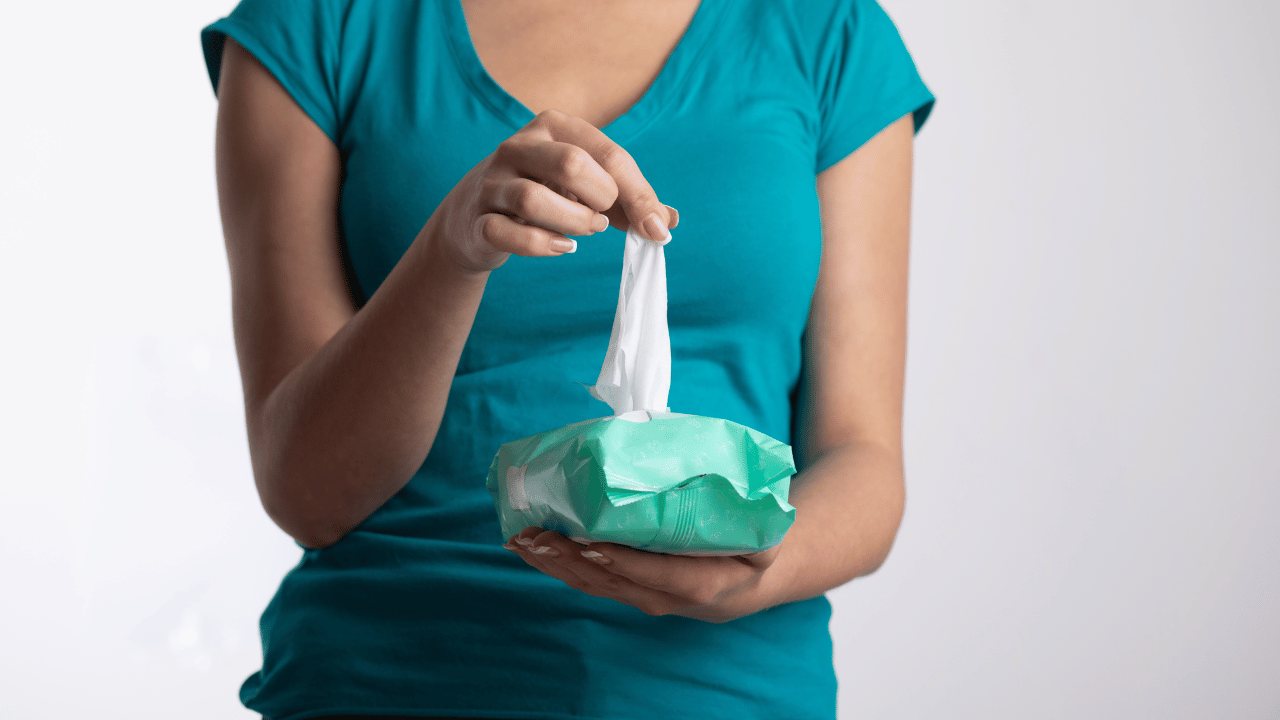
What Are Baby Wipes and Why Are They Used
Baby wipes are sheets of fabric infused with a mild solution usually consisting of water, oils, and detergents. They’re often used to cleanse the skin or remove makeup.
These products can be especially useful for those with sensitive skin as they are typically free from harsh chemicals or fragrances. Also, they are incredibly convenient as they can be used on the go and do not require access to a sink or basin.
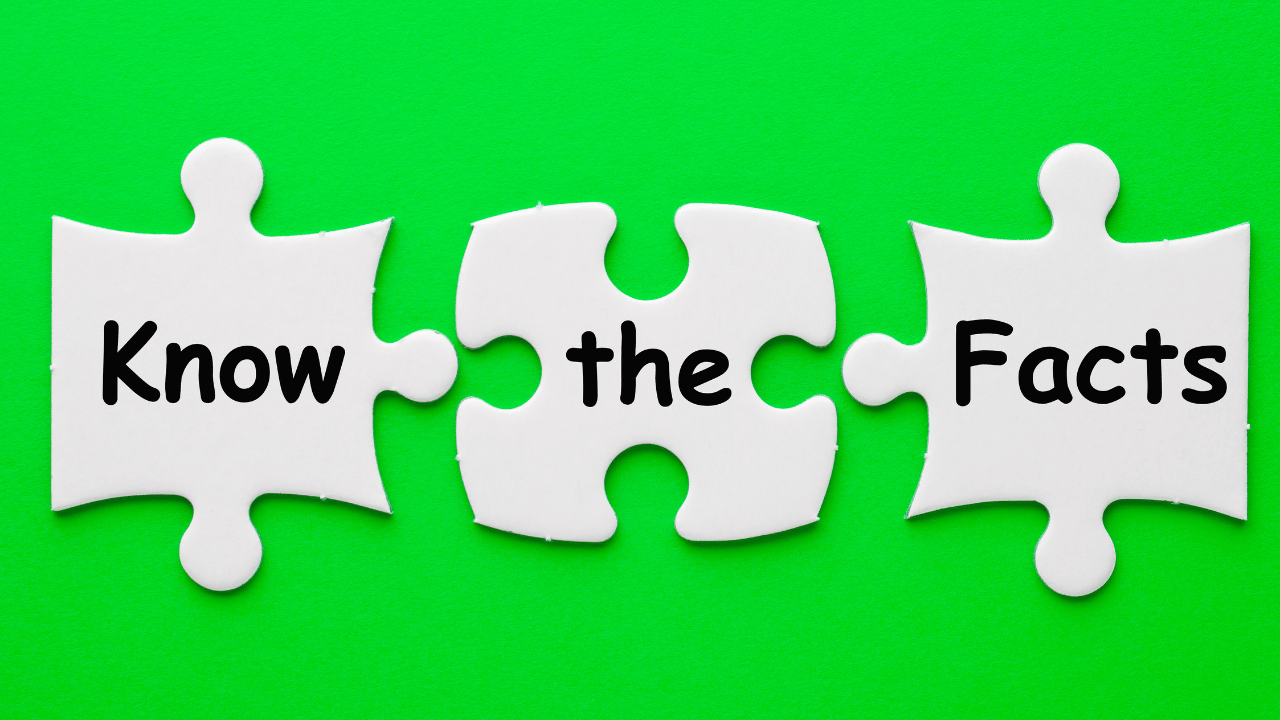
Can You Flush Baby Wipes?
What are the facts
It may come as a surprise, but baby wipes are not actually designed to be flushed down the toilet. The fibers in the wipes can cause blockages in pipes, sewers and even treatment plants. This is true regardless of whether you’re using flushable or non-flushable wipes.
Clogs result from these fibrous products becoming intertwined with other substances such as hair, grease, and other debris. This not only disrupts the wastewater treatment process, but it can also cause serious flooding in homes and businesses.
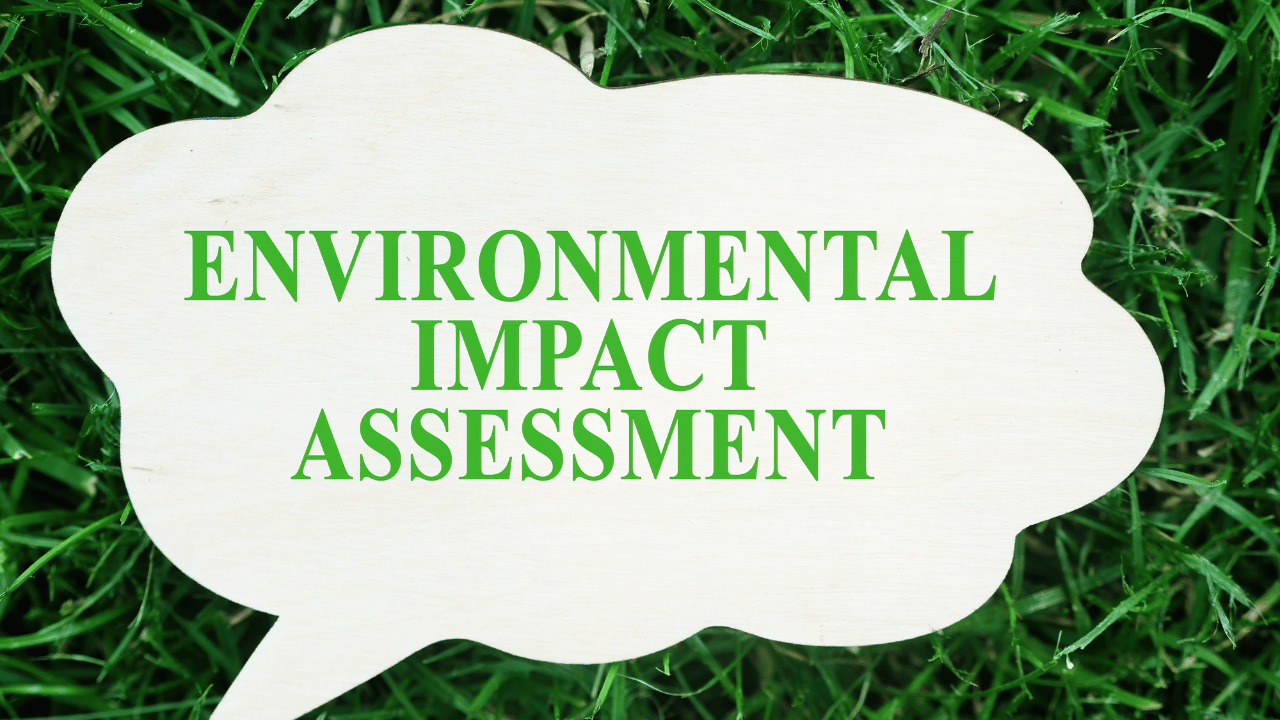
The Environmental Impact of Flushing Baby Wipes
In addition to clogging pipes and sewers, flushing baby wipes has a profound environmental impact. Once flushed down the toilet, these products are sent to a wastewater treatment plant. However, the fibers in wipes are not easily broken down by wastewater treatment processes. They can end up clogging filters, causing further damage and disruption to the system.
Furthermore, these fibrous products can pass through the treatment process and be discharged into waterways or oceans where they can harm wildlife. This is particularly concerning for marine life whose habitats are being affected by the plastic and other synthetic fibers found in these products.
Although baby wipes may be convenient and gentle on the skin, they have a profound environmental impact when flushed down the toilet. As mentioned previously, the fibers in wipes are not broken down by wastewater treatment processes.
Instead, these fibrous products can pass through the system and end up clogging filters or being discharged into waterways where they can harm wildlife.
The Health Impact and Implications of Flushing Baby Wipes
Flushing wipes can also have negative health implications as well. Clogged pipes can create ideal conditions for unsanitary bacteria and fungi to grow, leading to the potential for serious diseases such as Legionnaires’ disease.
Additionally, the water that is discharged from a wastewater treatment plant may still contain toxins or bacteria which can cause serious health problems for humans and animals.
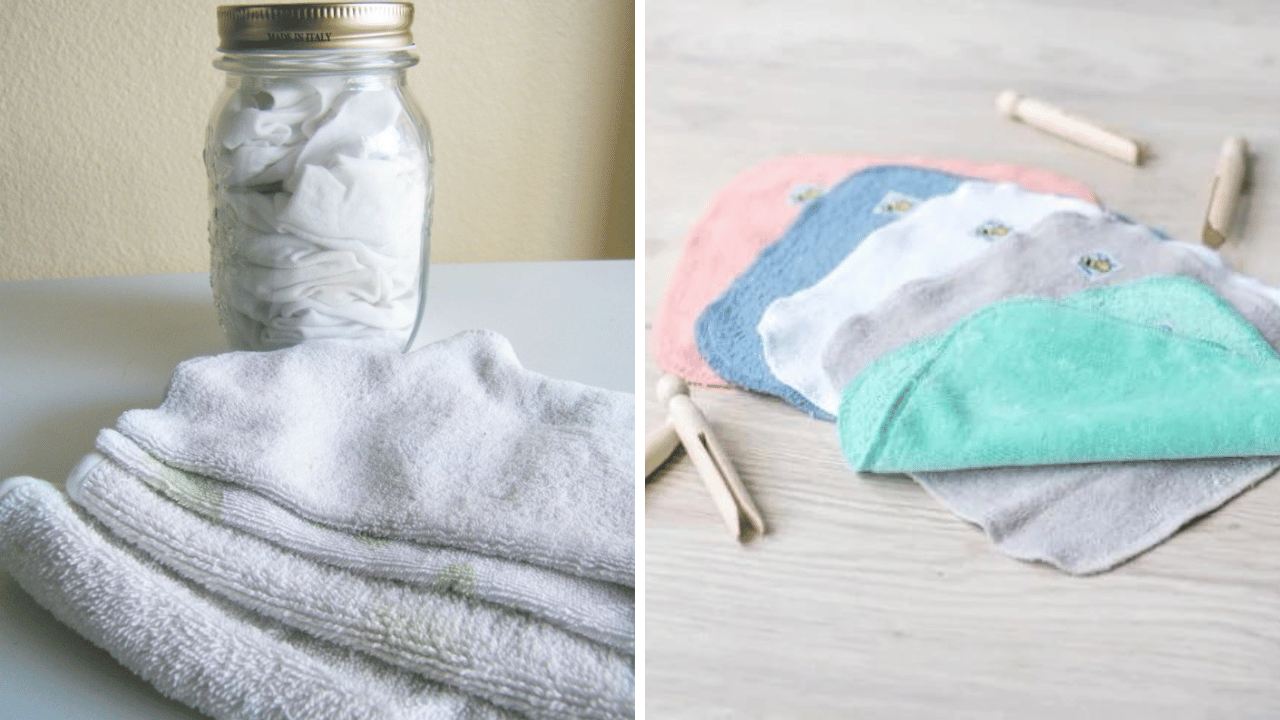
Alternatives to Flushing Baby Wipes
Now that you know the truth behind flushing baby wipes, it’s time to look for alternatives. Many cities and states have implemented bans on flushing these products in order to protect their wastewater treatment systems and waterways from contamination. Additionally, there are also several other options for disposing of baby wipes without having a negative environmental impact or risking your health.
If you’re using disposable wipes, look for products that are biodegradable and can be composted. Alternatively, if you’re using reusable wipes, make sure to always store them in a sealed container and dispose of them responsibly.
Ways to Dispose of Baby Wipes Properly
The best way to dispose of baby wipes is to put them in the trash. This ensures that they will not end up in the environment or cause any damage to wastewater treatment systems.
Additionally, make sure to use a sealed container and store them in an appropriate place away from children and pets. Also, be sure to read the labels on your wipes and choose biodegradable or compostable products if available.
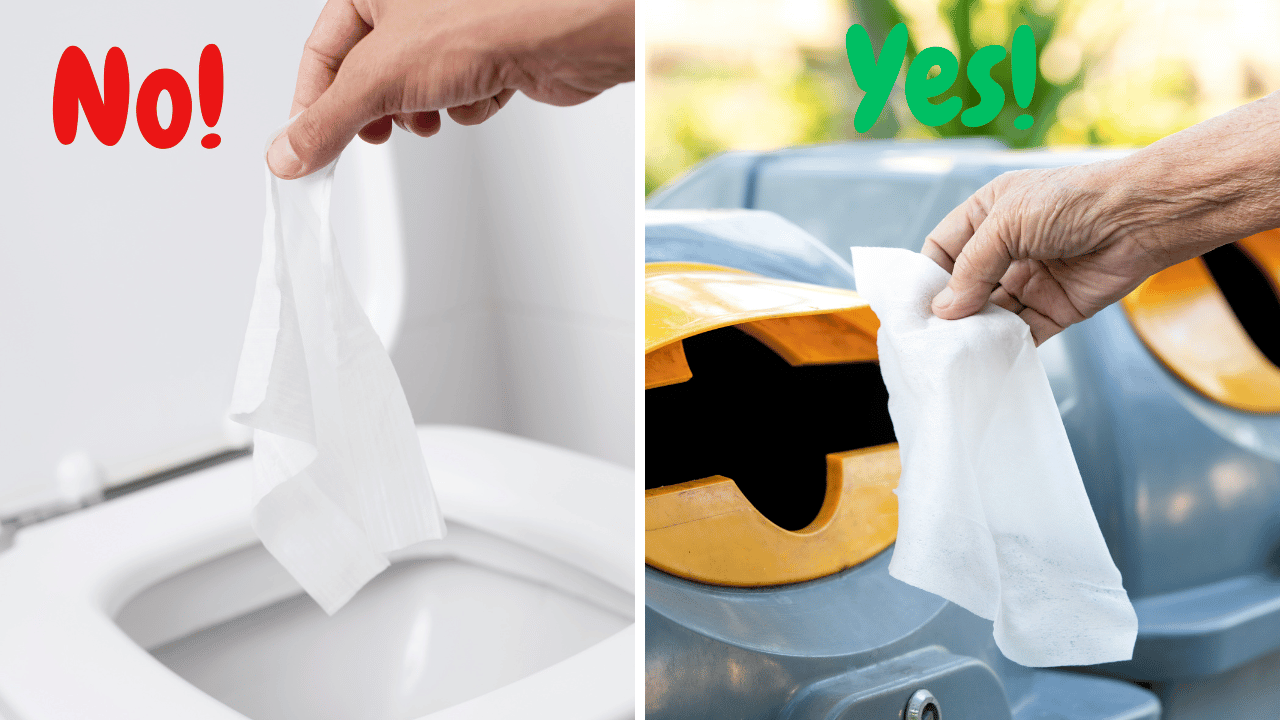
Steps to Take Now to Avoid an Unhealthy Environment
The best way to avoid an unhealthy environment is to not flush baby wipes down the toilet. Additionally, you can also take other steps such as choosing biodegradable or compostable products when possible and storing them properly in a sealed container away from children and pets. Plus, teach your family and friends about the risks associated with flushing baby wipes so they can make informed decisions as well.
Flushing Baby Wipes FAQs
Do baby wipes dissolve?
No, baby wipes are not designed to dissolve in water. The fibers found in these products cannot be broken down by wastewater treatment processes and can lead to clogged pipes and sewers.
Are flushable baby wipes safe for the environment?
No, flushable baby wipes are not environmentally-friendly and should never be flushed down the toilet. These products are not biodegradable and can disrupt wastewater treatment systems or harm wildlife when discharged into waterways.
Can baby wipes clog pipes?
Yes, baby wipes can clog pipes, sewers, and even treatment plants due to the fibers found in these products. Clogs result from these fibrous materials becoming intertwined with other substances such as hair, grease, and soap scum.
Final Thoughts
In conclusion, baby wipes boast plenty of convenience — but what kind of impact do they really have? From the studies mentioned above, it’s clear that flushing them down the toilet can come with serious environmental consequences.
While some brands may claim to be flushable, too often that doesn’t reflect reality. And if like many parents you have an infant at home, what appears to be a simple choice may come with unexpected costs, both in terms of environmental damage and potential injury risk to your baby. To keep ourselves and our environment safe from harm, it's encouraged to rethink the habit and opt for other waste disposal options instead. This is likely best practice for sustainable living not only now but for the future as well. Can you flush baby wipes? The research suggests otherwise -- so whether you are part of a growing family or just enjoy using wipes around your house, try not to flush them down the toilet.
